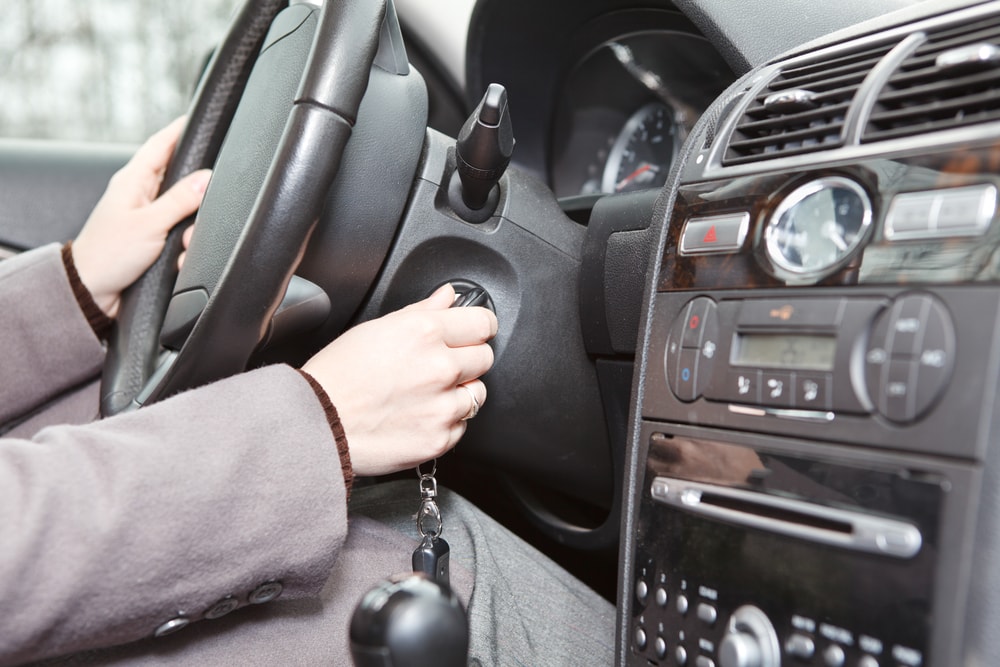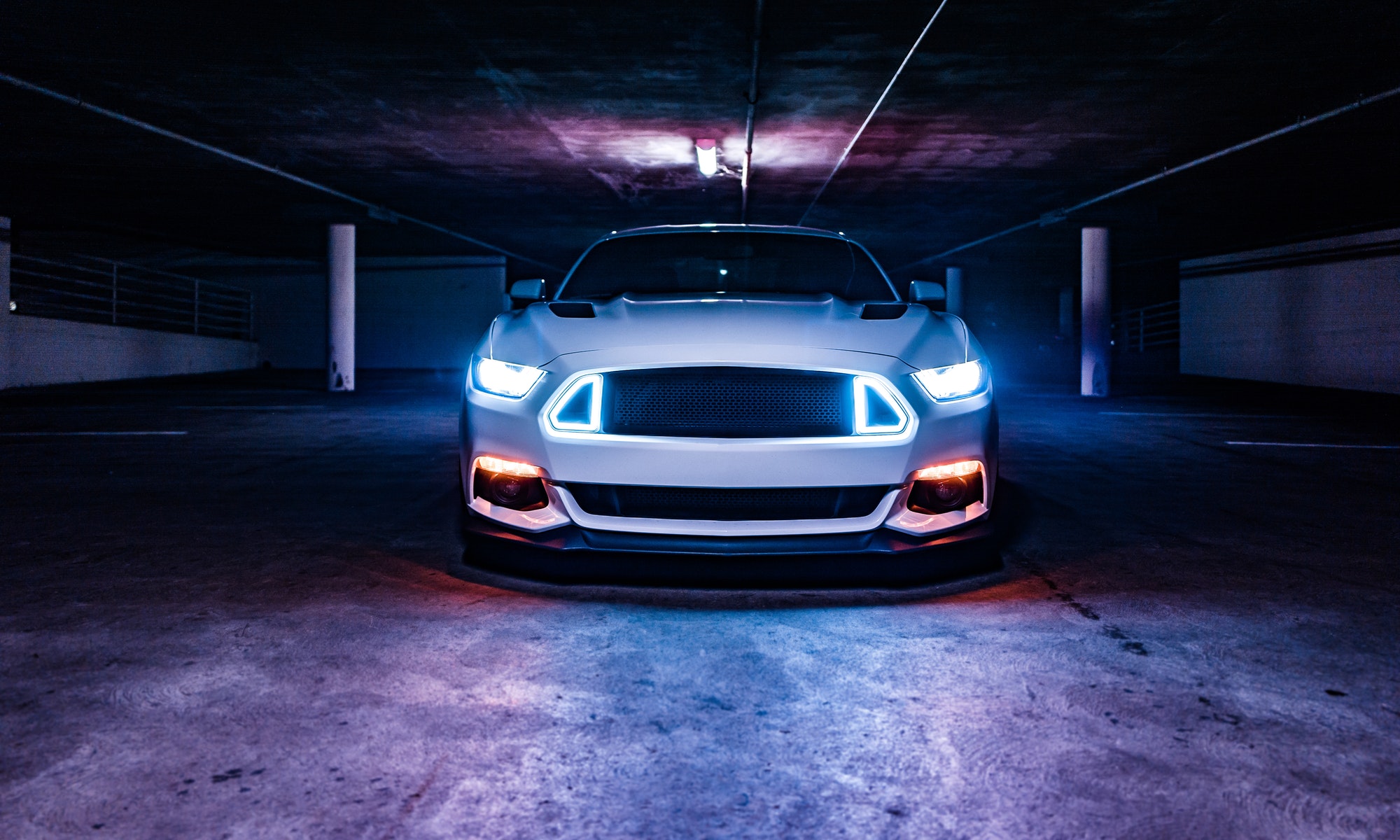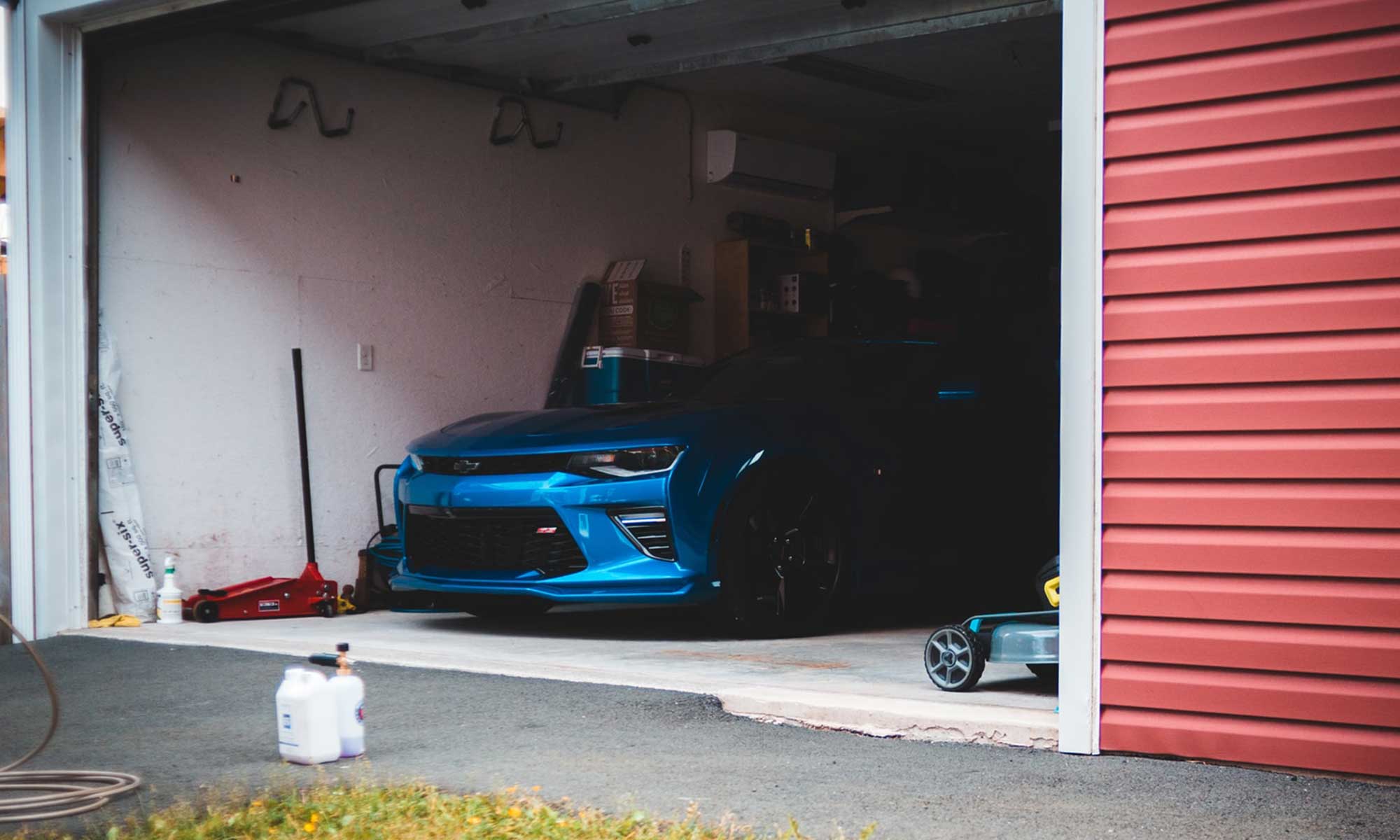
We’ve all done it, especially in these winter months but “warming up” the car for a few minutes is actually more harmful than beneficial for drivers in the long run. Sometimes it pays to ignore “common wisdom” and really look up the facts. In the case of getting your vehicle ready to weather the cold you absolutely should NOT start up your engine only to let it sit and idle while waiting to warm up. And for goodness sakes, don’t step OUT of your car when this is happening either.
The fact of the matter is every motorist should know that idling your car only decreases the life of your engine by not letting the oil flow to the cylinders and pistons that need it the most to keep you moving. See, an engine works by using complex mechanisms (brought to life by fuel combustions) to pump air and fuel through a cylinder in your car. These cylinders are essentially what allow your car to move when you hit the accelerator since essentially controlled explosions generate momentum and power. This process IS affected by temperature, make no mistake. So if your vehicle is operating in sub-zero temperatures, the gasoline is going have a little trouble going through its vapor to combustion process. This is where your fuel injectors come into play, they actually compensate by pumping MORE gasoline until your car heats up to its optimal conditions. Sounds fine, right? The issue comes from the fact that the extra fuel into the combustion chamber can actually corrode the oil of the cylinder walls of the engine. That lubricating oil is what allows the parts of a car to last longer. To say nothing of the extra fuel you are wasting that would have been better spent taking you to your destination. You can literally save money by using this fuel to drive instead of getting warm.

Believe us when we tell you that the best way to “warm up” your car is actually start driving it. It’s even faster than waiting too. Sure, the warm air of your vehicle’s radiator makes YOU, the driver, feel better but this does nothing for your engine. Sorry, you’re going to have to brave the fridge-like space of your car a little bit but it pays off. Do not mistake this wisdom for us telling you to simply hop in your car in the dead of winter and zooming off right away. It really will take 5 to 15 minutes for your car to warm up regardless, give or take. And take it easy when you do start moving. The only time it is acceptable for you to leave your car idling is to make it easier to scrape the ice and/or snow off your windows and windshields. Do this quickly and then get going, and make sure you didn’t lock yourself out.
So why has idling to warm up the car become common? The truth of the matter is that most drivers tend to prioritize their personal comfort over the reliability of their vehicles. This is a mistake. Take care of your car, the car will take care of you. Taking the time to get cozy at the cost of reducing your mileage and performance simply is not worth it. Think about the environment too! Leaving your vehicle on longer than necessary releases emissions that could have been prevented. Let’s not forget that leaving your car idle in a garage or enclosed space exposes your to carbon monoxide and other deadly gases as well, so if not for the Earth’s sake, do it for yourself. And don’t bother with the “quick errand excuse.” Leaving your car on while you go run a “quick errand” just isn’t worth it. You may think that turning off your car/igniting it after a short duration is a bad thing but it’s not. Not only does leaving your car on and unattended invite theft, it comes with all the same issues we outlined earlier.

So the next time you brave freezing or sub freezing temperatures to get to your car which is for all intents and purposes supermarket frozen food storage, follow our advice. And if you are stopped for 10mins or more, either start driving or turn off your car. Think about an athlete warming up, they don’t do so by standing still and waiting for their body to heat up and their heart to start pumping, they do so by moving. Your car is the same way, so start moving!






